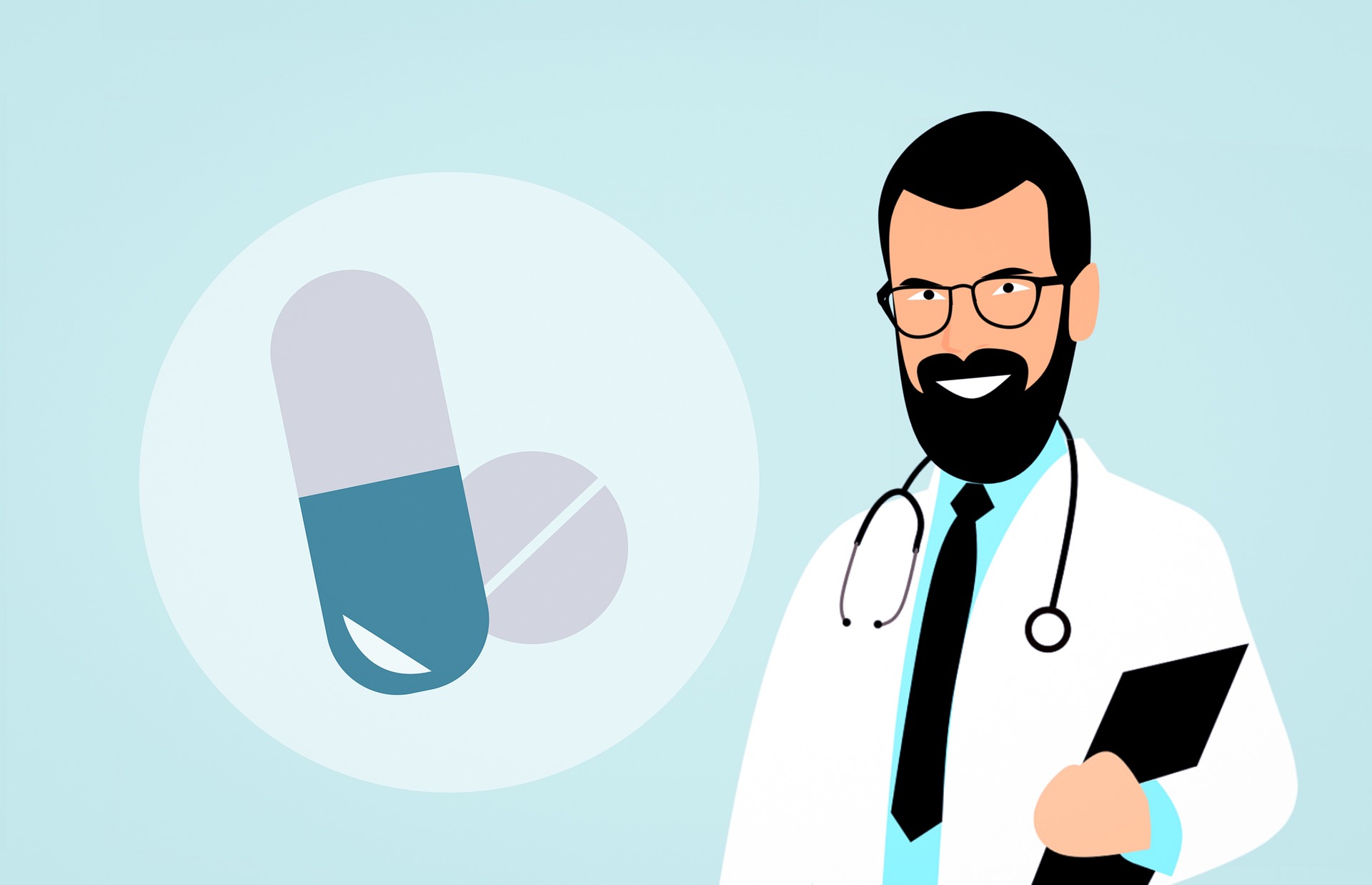The Benefits of MAT and mindfulness in addiction treatment

Addiction is a complex and debilitating disease that affects millions of people worldwide. Despite the best efforts of healthcare professionals and researchers, addiction remains one of the most challenging issues of our time. However, there is growing evidence to suggest that medication-assisted treatment (MAT) and mindfulness practices can be effective tools in addiction treatment. In this blog post, we will explore the benefits of MAT and mindfulness in addiction treatment.
What is Medication-Assisted Treatment (MAT)?
MAT is a form of addiction treatment that combines medication with counseling and behavioral therapies to help people recover from substance use disorders. MAT is often used to treat opioid use disorders, alcohol use disorders, and nicotine addiction. Medications used in MAT can help reduce withdrawal symptoms, cravings, and the risk of overdose. They can also help people maintain sobriety and reduce the risk of relapse.
One of the primary benefits of MAT is that it is evidence-based. Studies have shown that MAT can be effective in treating addiction and reducing the risk of overdose. Additionally, MAT can improve overall health outcomes, reduce the risk of infectious diseases, and improve social functioning. MAT can also help people stay engaged in treatment and increase their chances of long-term recovery.
The medications used in MAT are carefully chosen based on the individual’s specific needs and medical history. The most commonly used medications for opioid addiction are methadone, buprenorphine, and naltrexone. These medications work by reducing cravings and withdrawal symptoms, allowing people to focus on their recovery without the distraction of physical discomfort.
For alcohol use disorders, medications like acamprosate, disulfiram, and naltrexone are commonly used. These medications work by reducing cravings, preventing relapse, and making it easier to abstain from alcohol.
What is Mindfulness?
Mindfulness is a practice that involves paying attention to the present moment without judgment. Mindfulness has its roots in ancient meditation practices, but it has become increasingly popular in recent years as a tool for stress reduction and self-awareness.
In addiction treatment, mindfulness can be a powerful tool for reducing stress, managing cravings, and improving emotional regulation. Mindfulness practices can help people become more aware of their thoughts and feelings, which can help them identify triggers and develop coping strategies.
The Benefits of Mindfulness in Addiction Treatment
There are many benefits of incorporating mindfulness practices into addiction treatment. Some of the most significant benefits include:
- Stress Reduction: Addiction and recovery can be incredibly stressful. Mindfulness practices like deep breathing, meditation, and yoga can help reduce stress and promote relaxation.
- Improved Emotional Regulation: Addiction can cause a range of emotional issues, including anxiety, depression, and mood swings. Mindfulness practices can help people become more aware of their emotions and learn how to regulate them in a healthy way.
- Reduced Cravings: Cravings are a common part of addiction recovery, and they can be challenging to manage. Mindfulness practices can help people become more aware of their cravings and learn how to tolerate them without giving in.
- Increased Self-Awareness: Addiction can cause people to lose touch with themselves and their values. Mindfulness practices can help people become more self-aware, which can help them make healthier choices.
- Improved Relationships: Addiction can damage relationships with loved ones. Mindfulness practices can help people become more compassionate, empathetic, and understanding, which can improve their relationships with others.
The Benefits of Combining MAT and Mindfulness in Addiction Treatment
While MAT and mindfulness are powerful tools on their own, they can be even more effective when combined. When used together, MAT and mindfulness can help people manage their cravings, regulate their emotions, reduce stress, and improve their overall quality of life.
MAT can help people manage the physical symptoms of addiction, while mindfulness can help them manage the psychological